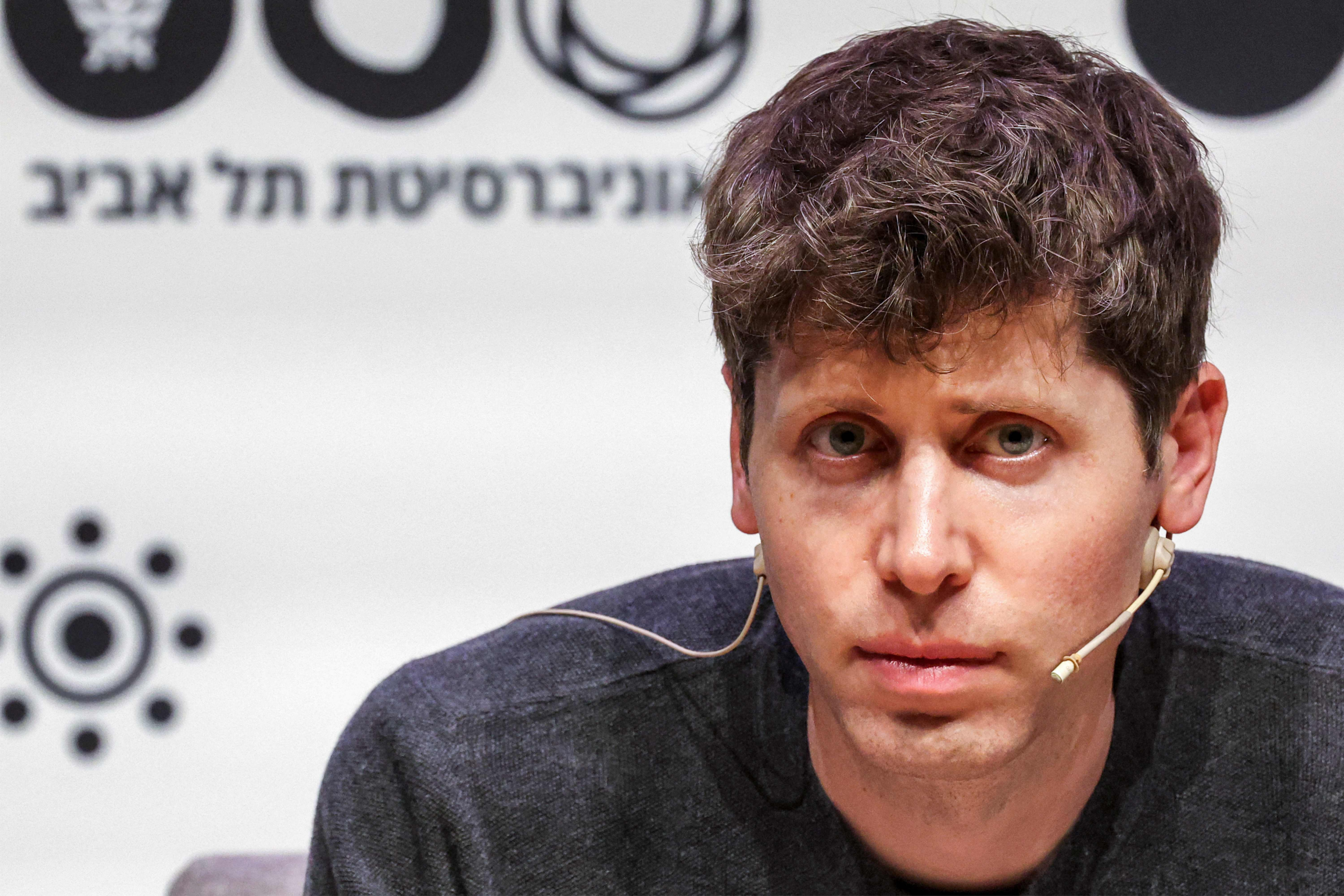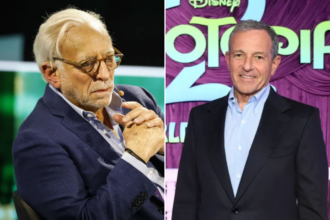Sam Altman’s Worldcoin is the latest cryptocurrency to get the so-called treasury strategy treatment — when a publicly traded company uses a significant amount of cash on its balance sheet to buy digital assets.
On Monday, Eightco surged more than 3,000%, from $18 per share to $45 per share, off the announcement that it will purchase $270 million of Worldcoin — while Worldcoin skyrocketed nearly 50%, from $1.03 to $1.53.
The digital identity cryptocurrency project wants to authenticate every person on Earth by scanning their irises, generating a unique “IrisCode” but not, the company says, saving their biometric data.
Eightco will change its name to Orbs, an homage to the Worldcoin mission, when the deal officially closes later this week, pending Nasdaq’s approval.
“This is not just a crypto token strategy … this is tech infrastructure,” Dan Ives, Wedbush Securities analyst and Eightco’s new chairman, told me in an exclusive interview. “There is a ceiling on the future of AI without true human proof identification … Worldcoin is integral to the AI buildout.”
Ives and investor Tom Lee believe Worldcoin’s appeal lies in its ability to “verify humanness” — that a user is a person and not a bot filling out surveys, taking online exams, signing documents or even appearing on dating apps.
In a world increasingly dominated by AI agents and bots, delineating between humanity and artificial intelligence will become incredibly valuable.
“On a dating app you might match with a tennis pro or supermodel but it’s a robot … on a future dating app, you’ll have an icon that says ‘proof of human,’” said Lee, who is the chairman of BitMine — which invested $20 million in Eightco.

This story is part of NYNext, an indispensable insider insight into the innovations, moonshots and political chess moves that matter most to NYC’s power players (and those who aspire to be).
“For companies looking to make an advertising push, they’ll shell out a lot more for ads targeted to verified humans,” Lee added.
Of course, the idea of Worldcoin scanning everyone’s iris might sounds downright dystopian to some critics.
But Lee counters this concern, arguing that, unlike companies such as Apple, which store biometric data, Worldcoin generates a cryptographic hash — a zero-knowledge proof that confirms humanness without storing or exposing personal biometric information.
The World App stores this IrisCode data on the Worldcoin blockchain, promising privacy.
“This is the intersection of AI and crypto,” Ives said.
However, Worldcoin already faces regulatory scrutiny in countries like Portugal and temporary bans in China, Spain and Hong Kong over biometric data privacy concerns.
As dozens of companies embrace Digital Asset Treasuries (DATs) by holding Bitcoin and Ethereum, Eightco’s choice of Worldcoin as its primary treasury asset is strategic because its governance token status allows holders to influence the World Network’s development, potentially shaping security and policy decisions.
Unlike Bitcoin and Ethereum, which are easily purchased on user-friendly platforms like Coinbase and Robinhood, acquiring Worldcoin requires you scan your iris or create a digital wallet.
Worldcoin, co-founded by Sam Altman and Alex Blania in 2019, has verified over 16 million human identities and aims to reach 100 million users in the next year as it scales its global digital identity network. Users who verify their identity receive tokens to encourage participation.
“AI and Wall Street are moving to the blockchain,” Ives said.










